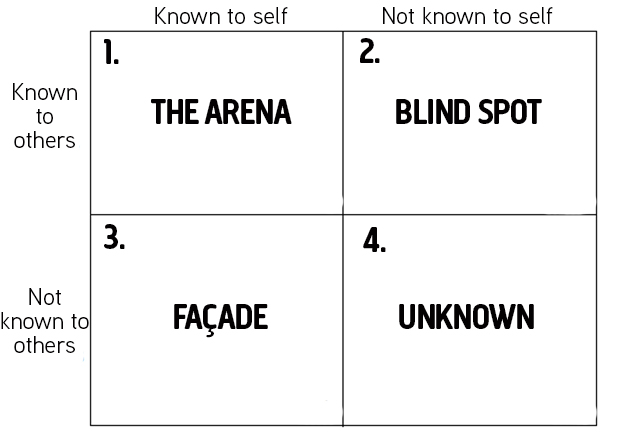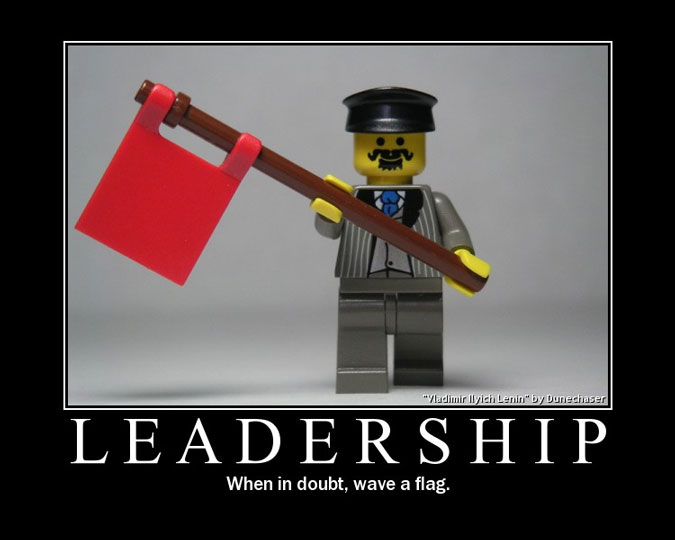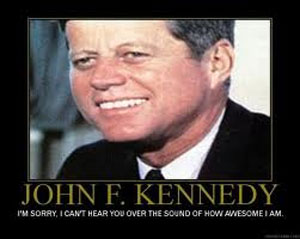|
Here at Silicon Beach Training we offer a wide range of Management Training & Leadership Training courses, and a topic that regularly appears in a lot of them is SMART objectives. So what are SMART objectives? In this post we take a look at how you can use them effectively. |

Some of the training courses that look at SMART objectives in more detail include Management Skills for New Managers, Leadership Skills Training, Performance Management Training & Appraisals Training.
Goals, aims and objectives are often confused. All describe things that you want to achieve, however I see goals and aims as broader, more aspirational intentions whereas an objective is a narrower more defined task you need to achieve in order to meet your long term goals and aims.
All managers and leaders must be able to set effective objectives for their staff, whether they are to achieve project or task objectives, personal development objectives for people to grow in their role or performance standard objectives aligned with a competency framework, values or behavioural guidelines.
When setting objectives for your team you will need to ask yourself:
- What are my team’s targets and goals for the coming period?
- What standards do I need the team to maintain / improve?
Andy Trainer
14 Mar 2011
|
Steve Jobs' recent death has brought up a huge amount of discussion. His innovation for great products and financial success at Apple has deemed him a genius - giving him a Godlike status. It is without question that from 1997 onward, Jobs saved Apple from failure and has revolutionised the computing industry while making a lot of money in the process. However, he did this with a very unorthodox management style. In fact he flew in the face of the management technique of other Silicon Valley companies. |

While Google and Microsoft promote openness and strive to make their employees happy, Apple is incredibly secretive and most employees lived in fear of Jobs: but it worked. So how did Steve Jobs achieve such success while ignoring all traditional notions of business management?
Craig Charley
17 Oct 2011
Facilitation is a skill crucial in guiding a meeting to make a decision or think of a solution without providing it. Our writer John A G Smith uses his experience to explain why learning Facilitation Skills is so much better than 'B.A. Ping Pong'?!
The Rules of B. A. Ping Pong
It’s a game that every Business Analyst has played. Many do not even have a name for it and, of those that do, it’s usually unrepeatable in polite company. I call it ‘B. A. Ping Pong’ … although maybe that should be ‘wiff waff’?

Image courtesy of Wikimedia
The rules are very simple and any Business Analyst can play. Here’s how it works:
John A G Smith
12 Jul 2016
We are delighted to announce that we have expanded further across the United Kingdom to ensure that we can cover all your training requirements in your local area!
Some of our New Locations:
- Manchester
- Birmingham
- Bristol
- Edinburgh
- Dublin
- Milton Keynes
To see the full list of locations please visit the link below:
Training Locations

Joseph Scott
25 May 2017
The Johari Window model, devised by American Psychologists Ingham and Luft during a research period at the University of Los Angeles in 1955, is a behavioural model which aims to boost group relations through individual self awareness and mutual (group) understanding.
The model is a combination of the first names of Joseph Luft and Hari Ingham; they’re remembered over fifty years later which shows what good workplace relationships can achieve.
The Johari Window model is particularly useful in assessing group relations with other parties. Despite being published over fifty years ago, the model is still relevant in the work place today. This is due to current popular workplace emphasis on cooperation, inter-group development, interpersonal development, soft skills, behaviour and the influence of these factors.
The ease of using the Johari Window Model to understand relationships between employees and the employer within the Psychological Contract is an invaluable benefit to businesses.
What Does The Johari Window Mean?
The model is, on the face of it, is as simple as it appears. Its application in the workplace is slightly more tricky, but we’ll get to that later.

Andy Trainer
14 Nov 2014
Effective personnel management is one of the hardest tasks for any manager but it's also one of the most important.

Managing large teams can feel like a never ending task. The minute you think you have a grasp of the team's availability and capabilities, something changes and it can feel like going back to square one.
You need to approach the different aspects of personnel management in the right order, at the right times, for the best chance of success.
In this post I outline my 5 Steps to Effective Personnel Management. Read through and see how they compare to your processes.
Andy Trainer
17 Jun 2014
Throughout history there are certain figures who stand out as naturally great leaders. It is always useful for managers to focus on the qualities that made these people great and try to emulate them.
You can learn how to develop these qualities and much more on our leadership and management courses.
We recently gave some tips for managing a start-up but in this post we will focus on the more general skills that can apply to anyone in a leadership position, whether your business is just getting off the ground or you're an established manager with years of experience. And we'll be having some fun with it too... hopefully.

John F. Kennedy - Aspire to Greatness
JFK was perhaps the most youthful, vivacious and daring president there has ever been (and we're not just talking about his extra-marital exploits here). While this sometimes got him into trouble (*nearly caused the apocalypse) he will be remembered as the man who dreamed of putting a man on the moon, reversing the centuries-old persecution of African-Americans and bedding Marilyn Monroe!
Dare to dream like JFK. Aim for the stars and still land on the moon, aim for Mila Kunis and still land on...actually, I think we'll leave that analogy there. Aspiring towards greatness instills a confidence in your employees in both you, and themselves. Be like JFK. Be remembered. Be great.
Andy Trainer
14 Nov 2012
To be effective in your work means doing the right things (effectiveness) in the right way (efficiency); this involves being clear about the key result areas of your job and the precise outputs required. Planning is central to time management, but it is not the first step. You must first know what it is you are planning. What is your work or, more correctly, what should your work be? If you are to plan you must plan to do the right things. Learn how to achieve key results in time management on our 1-day Time Management Course.
What are Key Result Areas?
These are the major overall things your organisation expects you to achieve. In other words, your purpose or why I am here. They may be reflected in your job description; they may be given to you as objectives or targets. You may have your own professional/personal result areas too.
Once you are clear on your Key Result Areas, you can go to plan your work practices more efficiently as all of your objectives should relate back to them. This means that you will never again be involved in activities that are outside the scope of your job and, therefore, a waste of your time!
Make a list of your key result areas NOW!
When you have that list you can divide it into tasks as follows:
- Active Positive Tasks
- Reactive Maintenance Tasks
Active Positive Tasks
So-called because they bring you and your long-term objectives forward. They are neither urgent nor obvious - they require justification, creativity and special effort. Planning, developing new projects or devising new procedures are examples of these tasks; if they are not performed, effects are not immediately obvious BUT their achievement will be directly in line with the achievement of your Key Result Areas.
Reactive Maintenance Tasks
These are the tasks which are probably the most visible part of your job; the day to day routine aspects of your work. Such tasks are usually urgent and quantifiable - individual steps in the process are clear. Such tasks do not require justification - they are part of normally accepted procedure. If these tasks are not done properly or on time, the effects are obvious to others. Reading your emails, doing routine reports are examples of this type of task. These tasks are called maintenance tasks because they maintain things as they are.
Effective time management is about the ability to balance and prioritise.
Make a list of your Active Positive Tasks and your Reactive Maintenance Tasks. Then review your lists:
- What percentage of your time do you spend on each?
- How happy are you with this?
- How can you bring about change in these areas?
Whilst we cannot always change the things that adversely impact upon our working day – interruptions, time wasters - we can control our own behaviour. Bringing about improvements in time management is essentially about changing our behaviour and implementing new techniques and habits.
Andy Trainer
26 Oct 2007